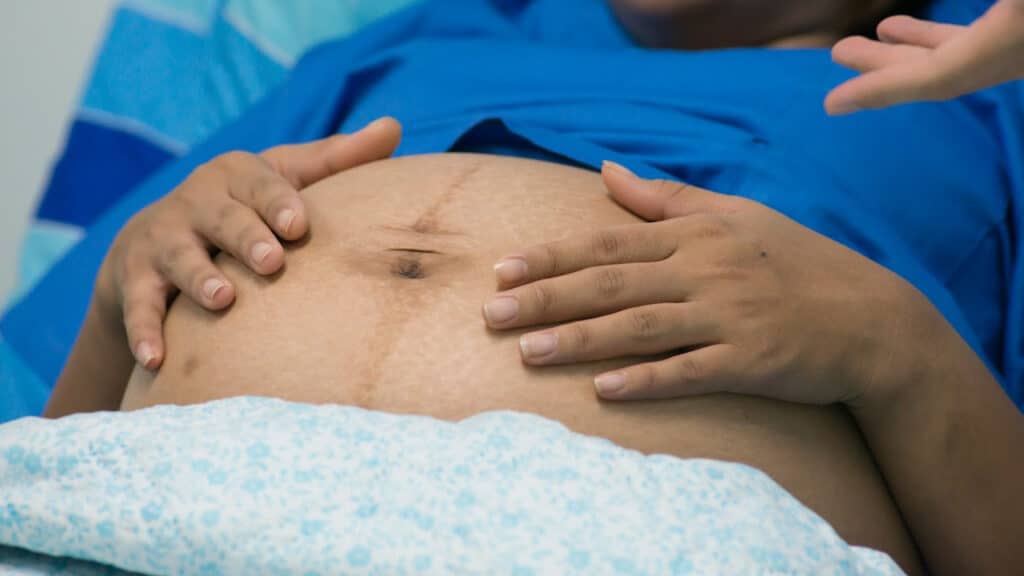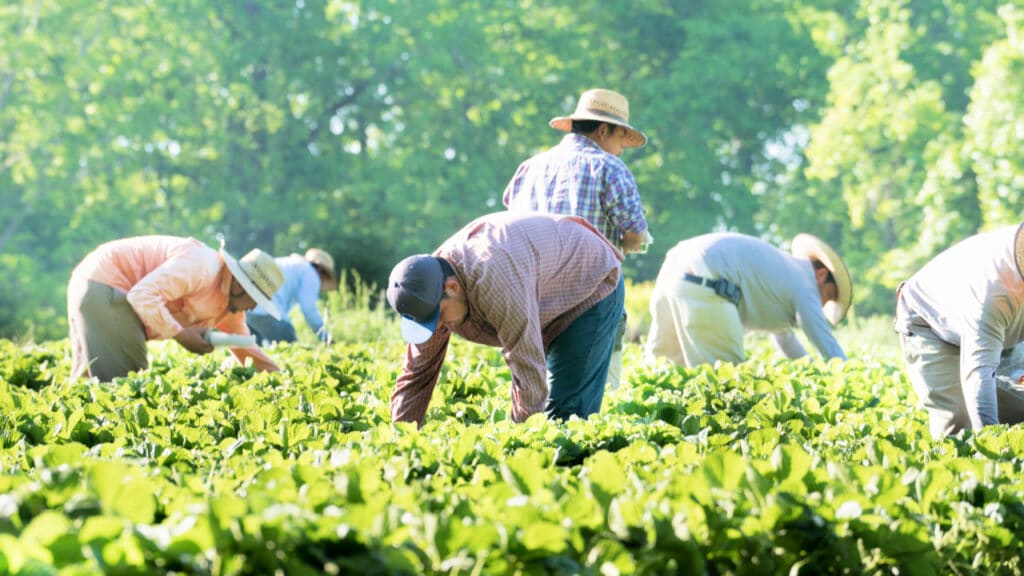Florida’s Ban on Abortion Puts the Lives of 1.4 Million Latinas at Risk
In 30 days, there will be a near-total ban on abortion in Florida. On Monday night, the state’s Supreme Court upheld a 15-week existing prohibition. And allowed a strict new six-week ban to take effect in a month.
According to reports, the court “has cut off nearly all abortion access across the South.” This will affect “more women seeking abortions in the first trimester than any other single abortion ban to date.”
While voters will eventually decide in November if the right to abortion is constitutional or not, millions of women will bear the brunt until then.
Overturning decades of legal precedent
Florida’s Supreme Court decision on Monday sets the stage for a draconian new reality in reproductive rights. According to the New York Times, the decision “overturned decades of legal precedent.”
The court ruled the State Constitution’s privacy protections “do not extend to abortion.” This effectively allows Florida “to ban the procedure after six weeks of pregnancy.”
While the court ruled 4 to 3 that a proposed constitutional amendment that would guarantee the right to abortion “before viability,” usually around 24 weeks, could go on the November ballot, activists are calling it a politically motivated decision.
“This ruling puts politics over the health and well-being of people who need care, their families, and their communities,” said Lupe M. Rodriguez, executive director of the National Latina Institute for Reproductive Justice.
In the end, Latinas and women of color are, again, the most impacted
Along with Charo Valero, Florida State Manager of the Institute, Rodriguez warns of this decision’s impact on Latinas.
“Abortion bans do nothing to protect anyone’s health or safety. And we know that the impact will fall hardest on Latinas/xs and other communities of color,” they added in a statement.
Furthermore, the most recent data support this assertion. According to a report by the National Partnership for Women and Families, nearly 6.7 million Latinas (43% of all Latinas ages 15-49) live in the 26 states that have banned or are likely to ban abortion. We represent the largest group of women of color impacted by current state bans.
Florida, in particular, is home to 1.4 million Latinas of reproductive age. They represent 9% of all Latinas of reproductive age in the country and 21% of Latinas in these 26 states.
Of these Latinas, 594,600 are mothers, including 145,900 mothers of children under three. 558,000 are economically insecure, 9,100 are veterans, and 75,000 are disabled. Florida’s abortion laws directly harm all of these women. They ban virtually all abortions after 15 weeks of pregnancy, including those resulting from rape, incest, or human trafficking.
“We’re hopeful that voters will get to decide this November whether we can make our own decisions about our health, including abortion care,” the activists wrote in a statement. “We know that Floridians support access to abortion and strongly oppose the extreme politicians who want to interfere with our bodily autonomy and personal health care decisions.”
“We will not stand by as anti-abortion politicians and judges push their extreme political agenda and take away our freedoms,” they concluded.




